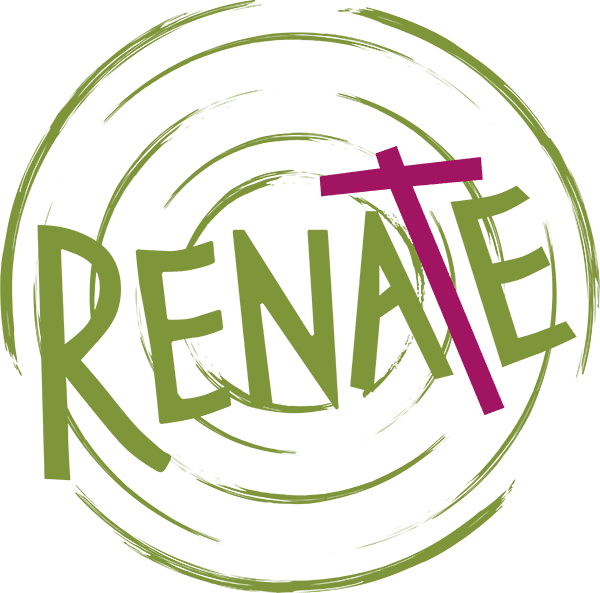Government Contact
Blue Blindfold Campaign
Freephone Line: +353 1800250025
blueblindfold@garda.ie
www.blueblindfold.gov.ie
Front Line Support to Victims
Ruhama
Tel: +353 1 836 0292
admin@ruhama.ie
www.ruhama.ie
Legal Advice to Victims
Immigrant Council of Ireland
Tel: +353 16740202
www.immigrantcouncil.ie
Awareness Raising on Human Trafficking
APT (Act to Prevent Trafficking)
info@aptireland.org
www.aptireland.org
If you are a suspected victim of human trafficking in Ireland there are lots of help available. For greater detail see http://www.victimsofcrimeoffice.ie/en/vco/Humantraffickingguidelines.pdf/Files/Humantraffickingguidelines.pdf
The following sets out an outline of the procedures in place. If you believe you are a victim of human trafficking please tell someone. You can tell someone from:
- An Garda Síochána (police)
- Health Service Anti Human Trafficking Team
- Government Workers such as staff at the Office of the Refugee Applications Commissioner (ORAC)
- Non Governmental Organisations, (Organisations not run by the government) such as Ruhama, Immigrant Council of Ireland, Act to Prevent Trafficking (APT), Migrants Rights Centre Ireland, Sexual Violence Centre, Cork
- If you find yourself in hospital or at a Doctor’s Clinic, tell the Doctor or the Nurse
As a potential victim of trafficking, please remember that you will not be taken from Ireland while the Superintendent in the Garda National Immigration Bureau (GNIB) decides if there are reasonable grounds to believe you are a suspected victim of the crime of human trafficking under the Criminal Law (Human Trafficking) Act 2008.
These organisations can give you practical and emotional support. They can refer you to other services and in some cases give you legal advice and a lawyer to represent you in court. They can help your personal development and help you decide on your options for the future. Their contact details are at the end of this paper.
Decision made about your case
After your first contact with the Gardaí, (Police) a Superintendent (or someone of higher rank) in the Gardai National Immigration Bureau (GNIB) will look at your case. If they think there are reasonable grounds to believe you are a suspected victim of the crime of human trafficking under the Criminal Law (Human Trafficking) Act 2008 they will tell the Minister for Justice and Equality. They will try to tell the Minister in a time between five days and one month if they have enough information.
Recovery and reflection period
If you need permission to stay in Ireland, and the Superintendent in GNIB thinks there is reasonable grounds to believe you are a suspected victim of the crime of human trafficking, you will get 60
days to recover and escape the influence of the trafficker. It will give you time to gather information and decide whether or not you want to help the Gardaí (Police) with their investigation into what happened to you. You will be provided with board and lodging with the Reception and Integration Agency (RIA) and be given a small amount of pocket money for the first 60 days.
Temporary residence permission
At the end of, or during, these 60 days, you may get a temporary residence permission from the Minister for Justice and Equality. This means you can stay in Ireland for six months and means you
can help the Gardaí (police) or other authorities with their investigation into your trafficking.
If the investigation or prosecution of your traffickers goes on longer, you can get another temporary residence permission.
If, at the end of the 60 day recovery and reflection period, you decide you do not want to help the authorities and unless you have looked for asylum (see Section 3.3), you will have to leave the
accommodation provided by the Reception and Integration Agency The Minister for Justice and Equality decides whether you should get any other immigration permission to stay in Ireland.
Supports before and during your 60 day recovery and reflection period
The Government provides Free Legal advice: You should get legal advice as quickly as possible. You can get free legal advice from the Legal Aid Board. They will give you an information leaflet about their:
- services and can give you advice on:
- your immigration status in Ireland,
- the procedures in place to allow for recovery and reflection
- and temporary residence,
- how to seek asylum,
- how to seek redress (compensation) under employment
- protection law,
- what is involved in a criminal trial for a victim or witness,
- what compensation is available in criminal and civil cases,
- and how to return home voluntarily
You can also get legal advice and representation through private solicitors, who will charge you a fee, or through non-governmental organisations that may give a free legal service to some trafficking victims i.e. Immigrant Council of Ireland.
Accommodation: The Gardaí will refer you to the Reception and Integration Agency (RIA). The RIA will let you stay in one of its centres and give you all meals. When you arrive at a centre, you will get a booklet on its services. The RIA chooses which centre you will go to and will only talk to the GNIB or the Health Service Executive (HSE) Anti-Trafficking team about your placement in a centre or a change of centre.
Money: The Community Welfare Officer (CWO) in your RIA accommodation centre will provide you with an ongoing ‘direct provision’ allowance as well as exceptional needs payments for
things you need immediately such as clothes and toiletries.
Medical care: The Anti-Trafficking Team will care for your general and sexual health needs also counselling if needed. You will be referred by the Gardaí to:
The Anti-Human Trafficking Team
Baggot St Hospital
Baggot Street Dublin 4.
Tel: 01 660 6982
email: admin.whp@hse.ie.
The agencies helping you will do their best to give you an interpreter if you need one.

